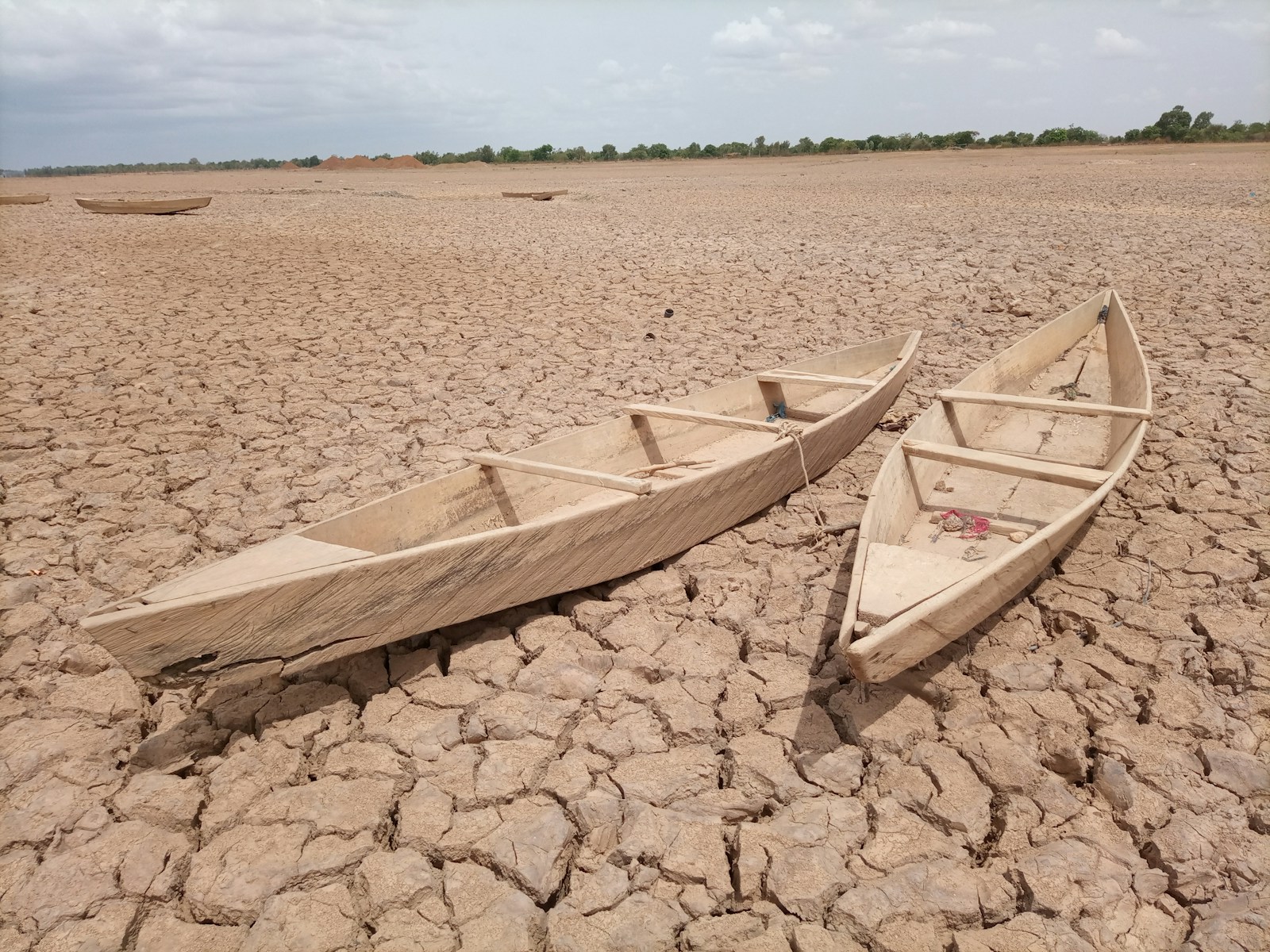climate finance crisis: 7 Alarming Truths Africa Must Face
Funding for climate initiatives has become one of the most critical debates in international diplomacy today. As COP29 approaches, world leaders face mounting pressure to turn their pledges into real support. Africa, one of the regions most vulnerable to climate change, is demanding immediate action to ensure that promises of financial support are fulfilled and effective.
Why financial support matters for Africa
Africa contributes the least to global greenhouse gas emissions yet suffers the worst impacts. Droughts, floods, and food insecurity continue to rise. Without proper green financing, the continent struggles to adapt and protect its populations. Providing these resources is not charity it is essential for global equity and resilience.
The gap between promises and reality
For more than a decade, developed nations have pledged billions in climate funding for vulnerable countries. However, only a portion of these funds has been delivered. This has created a trust deficit between the Global South and wealthy nations. With COP29 approaching, the credibility of international climate agreements depends on fulfilling these commitments effectively.
How targeted funding drives sustainable growth
Beyond immediate relief, financial support for climate initiatives fosters long-term transformation. Investments in renewable energy, resilient infrastructure, and sustainable agriculture can help African nations develop without repeating high-carbon industrialization mistakes. Strategic allocation of funds provides a path to environmental stability and economic prosperity.
climate finance & The role of international accountability
Accountability is central to effective green financing. Without mechanisms to track contributions and monitor results, pledges remain vague statements rather than actionable commitments. Transparency reports, independent audits, and deadlines are essential to ensure that funds reach the communities and projects that need them most.
Global partnerships as a solution
No country can tackle climate change alone. Strong cooperation between Africa, developed nations, and multilateral organizations is crucial to mobilize meaningful climate funding. According to the UNFCCC, partnerships built on trust and co-investment can accelerate the transition to a low-carbon economy while ensuring vulnerable regions are not left behind.
Social equity and community impact
Financial support for climate initiatives is not just about money; it is about people. Communities on the frontlines of climate change deserve resources to protect their lives and livelihoods. By focusing on social equity, green financing can reduce inequalities, empower women and youth, and build resilient societies capable of thriving under global warming.
climate finance: Innovation and technology through funding
Green funding encourages innovation in renewable energy, water management, and climate-smart agriculture. By investing strategically, African nations can adopt technologies that increase efficiency and reduce emissions. Governments and the private sector must collaborate to ensure these investments are scalable and impactful.
Private sector engagement
The private sector supplements public climate finance, amplifying its reach. Investments from businesses and impact investors can support sustainable projects while creating economic opportunities. For readers seeking practical guidance, explore our green investment strategies guide for actionable steps.
Monitoring and evaluation for success
Continuous monitoring ensures that green financing achieves its intended outcomes. Evaluation frameworks allow governments and organizations to track progress, measure impact, and adjust strategies. Accountability and transparency guarantee that funds are used efficiently, benefiting communities that need them most.
Global urgency and Africa’s leadership
Time is critical. Africa’s leaders are calling for immediate delivery on climate finance promises, highlighting the urgency of action at COP29. By stepping up, the continent not only protects its own future but also sets an example for global cooperation. The coming months will determine whether climate funding becomes a transformative force or remains a missed opportunity.
Conclusion
The climate finance challenge is both a test and an opportunity. By fulfilling pledges, strengthening accountability, and fostering innovation, the world can ensure Africa and all vulnerable regions receive the support needed to tackle climate change. COP29 is a pivotal moment, and effective funding can make the difference between vulnerability and resilience for generations to come.




